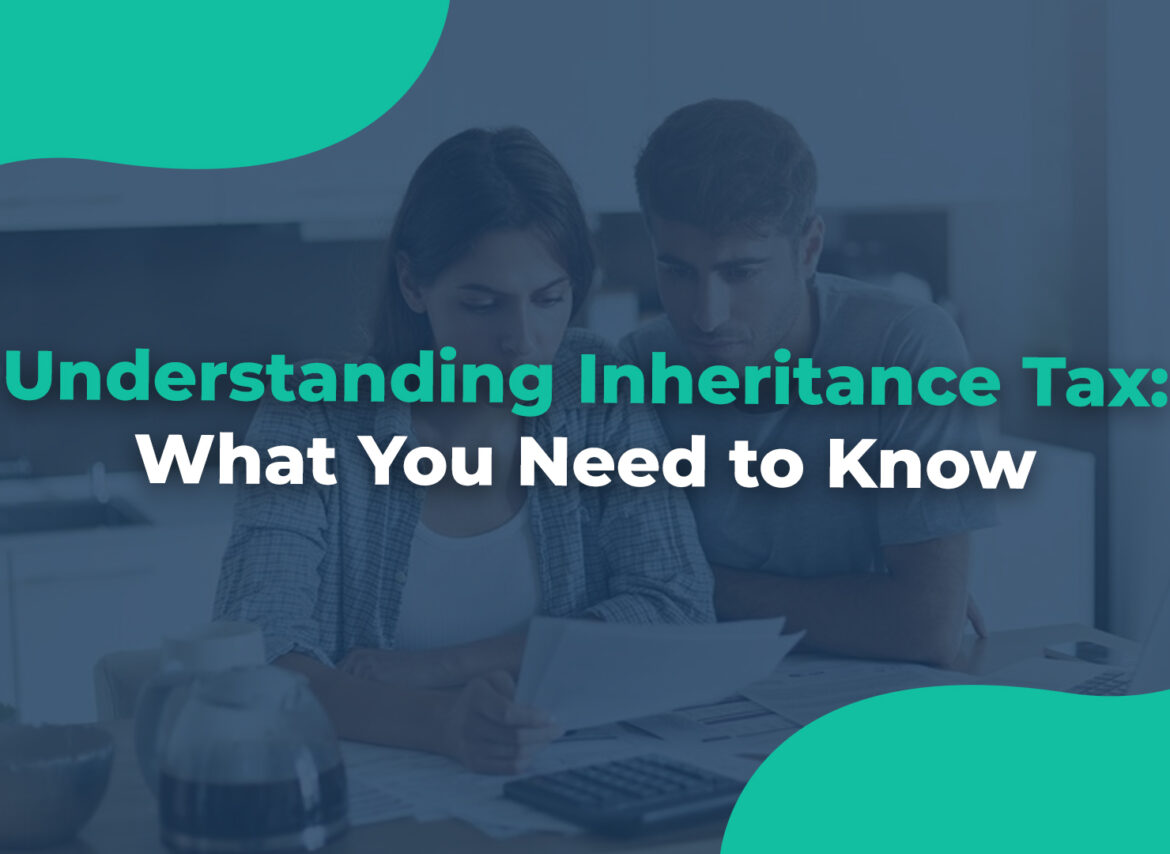Inheritance Tax can feel complex and daunting, but understanding its key elements can help you plan effectively and minimize unnecessary costs. Whether you’re managing your own estate or handling the estate of a loved on. This guide will walk you through the essentials of Inheritance Tax in the UK.
Understanding Inheritance Tax: What You Need to Know
What is Inheritance Tax?
Inheritance Tax is a levy on the estate of a person who has passed away. This includes all property, possessions, and money they owned. While the concept might seem straightforward, several rules and exemptions influence whether the tax is applied and how much is owed.
When is Inheritance Tax Paid?

For most people, there’s no need to worry about Inheritance Tax under the following circumstances:
- Value below the threshold: If the estate’s total value is under the £325,000 threshold, no tax is due.
- Special beneficiaries: If the deceased left everything above the threshold to their spouse, civil partner, a charity, or a community amateur sports club, no tax applies.
However, the estate’s value may still need to be reported to HM Revenue and Customs (HMRC) even if it falls below the threshold.
Increasing Your Tax-Free Threshold
If you leave your home to your children or grandchildren, your tax-free threshold can increase from £325,000 to £500,000. This applies to biological, adopted, foster, or stepchildren.
Additionally, married couples and civil partners can combine their thresholds. If one partner passes away without fully using their allowance, the unused portion can be transferred to the surviving partner. This means a couple could potentially pass on up to £1 million tax-free.
What Are the Inheritance Tax Rates?
The standard Inheritance Tax rate is 40%, but this only applies to the portion of the estate that exceeds the tax-free threshold. A lower rate of 36% may apply if at least 10% of the estate’s net value (total value minus debts) is donated to charity.
Reliefs and Exemptions
There are several ways to reduce or eliminate Inheritance Tax:
- Taper Relief for Lifetime Gifts: Gifts made during your lifetime may be taxed. If you pass away within seven years of giving them. However, ‘taper relief’ reduces the tax rate for gifts made three or more years before death.
- Business and Agricultural Reliefs: Certain business assets and agricultural property may qualify for significant tax reductions or exemptions. These provisions allow families to pass on businesses and farms with minimal tax implications.
Who Pays the Tax?

The executor of the will or the person managing the estate is responsible for paying Inheritance Tax to HMRC. This is typically done using funds from the estate itself.
Beneficiaries, the individuals inheriting the estate, usually do not pay tax on what they receive. However, they may face other taxes, such as income tax on rental earnings from an inherited property.
For lifetime gifts exceeding the £325,000 threshold. The recipient may owe tax if the giver dies within seven years of the gift.
Planning Ahead

Planning your estate carefully can significantly reduce or even eliminate Inheritance Tax liability. Here are some steps to consider:
- Make use of exemptions: Gifting assets during your lifetime or leaving a portion to charity can lower the tax burden.
- Write a will: Ensure your wishes are clearly outlined, and appoint an executor to handle the process smoothly.
- Consult a professional: Financial advisors or tax experts can help you navigate the rules and explore options like trusts or reliefs.
Conclusion
While Inheritance Tax can be complex, understanding the rules and exemptions can help you make informed decisions. By planning ahead and utilizing available reliefs. You can ensure your loved ones benefit as much as possible from your estate.
If you’re dealing with an estate or looking to plan for the future. Don’t hesitate to consult HMRC or a professional advisor for guidance tailored to your situation.
Plan your inheritance tax smoothly with TMG Pitchers to maximise your benefits while reducing your costs.






